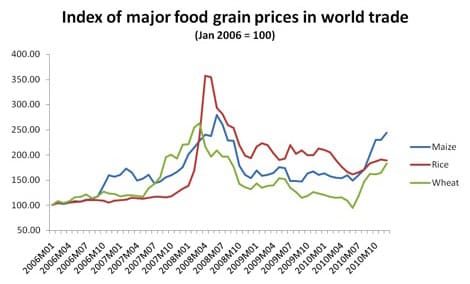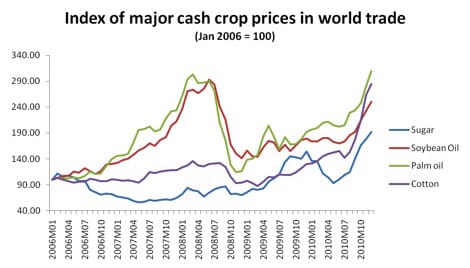Re: Bhutto Murder Closes Anti-Terror War Cycle Bush Launched after 9/11
good to have you back grg. voices of moderation stifled in the usa also...
After Tucson shootings, Sarah Palin isn't retreating, she's reloading
In many ways, Sarah Palin mirrors the ethos of the gun-rights movement she promotes: never back down. Criticized for her rhetoric in the aftermath of the Tucson shootings, she's since posted a combative defense on Facebook and signed up to speak at a hunting and gun convention.
good to have you back grg. voices of moderation stifled in the usa also...
After Tucson shootings, Sarah Palin isn't retreating, she's reloading
In many ways, Sarah Palin mirrors the ethos of the gun-rights movement she promotes: never back down. Criticized for her rhetoric in the aftermath of the Tucson shootings, she's since posted a combative defense on Facebook and signed up to speak at a hunting and gun convention.


Comment